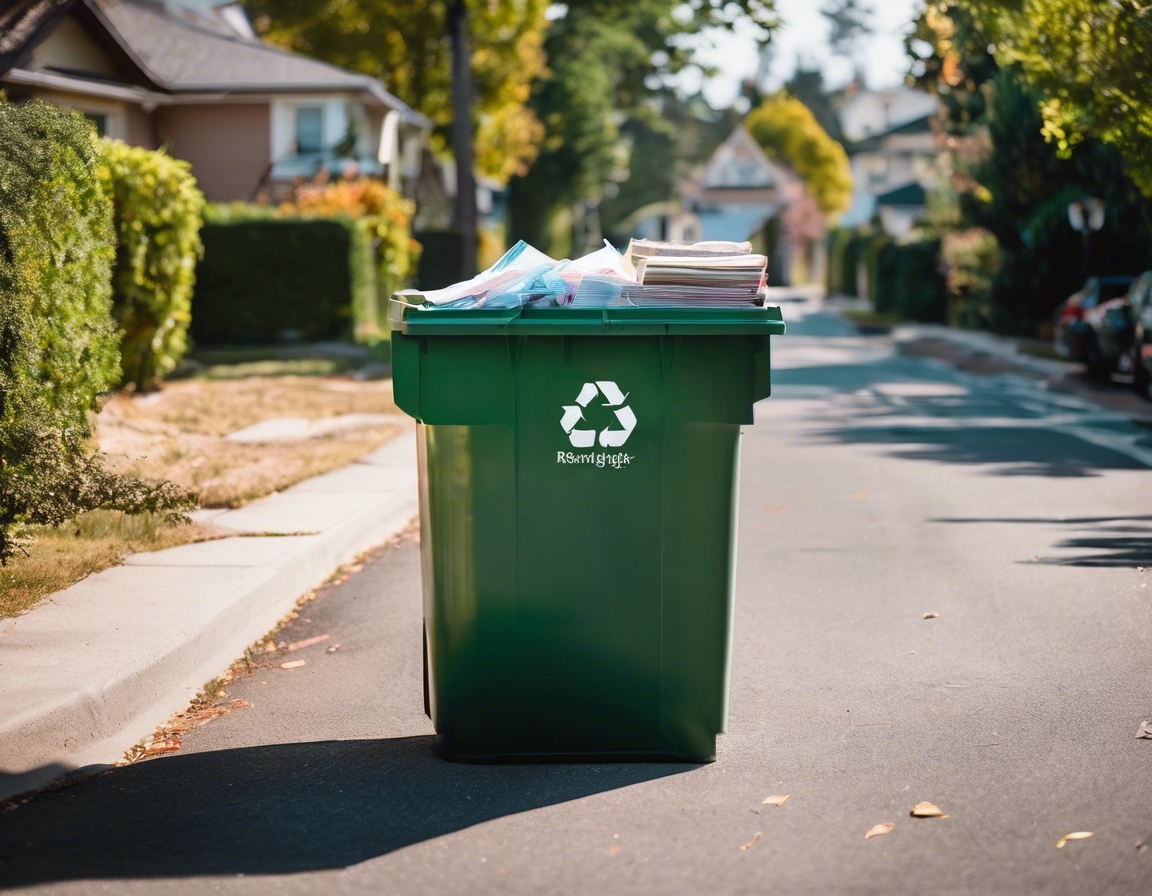The importance of sustainable waste management
Sustainable waste management is a critical component of environmental stewardship, aiming to reduce the negative impacts of waste on the environment and human health. It involves the efficient handling of waste materials through reduction, recycling, and recovery processes, ensuring that waste is managed in a way that is environmentally responsible, economically viable, and socially acceptable.
2. The Environmental Impact of Waste
Improper waste management contributes significantly to pollution and climate change. Landfills release methane, a potent greenhouse gas, while incineration can emit harmful pollutants. Sustainable practices help mitigate these effects by reducing waste generation and promoting cleaner disposal methods.
Wasteful practices lead to the depletion of natural resources. By adopting sustainable waste management, we can conserve resources through recycling and reuse, reducing the need for raw material extraction and preserving ecosystems.
3. Benefits of Sustainable Waste Management
Sustainable waste management reduces pollution, conserves natural resources, and decreases greenhouse gas emissions, contributing to a healthier planet.
Implementing sustainable waste practices can lead to cost savings for businesses and municipalities through reduced disposal fees and the creation of new markets for recycled materials.
By promoting sustainable waste management, communities can improve public health, create jobs in the recycling and waste management sectors, and enhance the quality of life for residents.
4. Key Strategies for Sustainable Waste Management
Reducing waste at the source is the most effective strategy. This can be achieved through mindful consumption, product design improvements, and encouraging minimal packaging.
Recycling and reusing materials extend their lifecycle, reducing the need for new resources and minimizing waste. Effective recycling programs and consumer education are crucial for success.
Composting organic waste transforms it into valuable fertilizer, reducing landfill use and enhancing soil health. It is an essential component of sustainable waste management for both individuals and businesses.
Energy recovery from waste, such as through waste-to-energy plants, provides a renewable energy source while reducing landfill volumes. This strategy should be used in conjunction with reduction and recycling efforts.
5. The Role of Businesses and Individuals
Businesses play a crucial role in sustainable waste management by adopting eco-friendly practices, reducing waste in production processes, and supporting recycling initiatives.
Individuals can contribute by practicing waste segregation, supporting recycling programs, and making conscious purchasing decisions to reduce waste generation.
6. Challenges in Implementing Sustainable Waste Management
Advancements in technology are needed to improve waste processing and recycling efficiency. Investment in research and development is essential to overcome these challenges.
Economic constraints and lack of supportive policies can hinder the adoption of sustainable waste management practices. Governments and organizations must work together to create incentives and regulations that promote sustainability.
Changing consumer behavior and attitudes towards waste is a significant challenge. Education and awareness campaigns are vital to encourage sustainable practices among the public.






Comments (0)